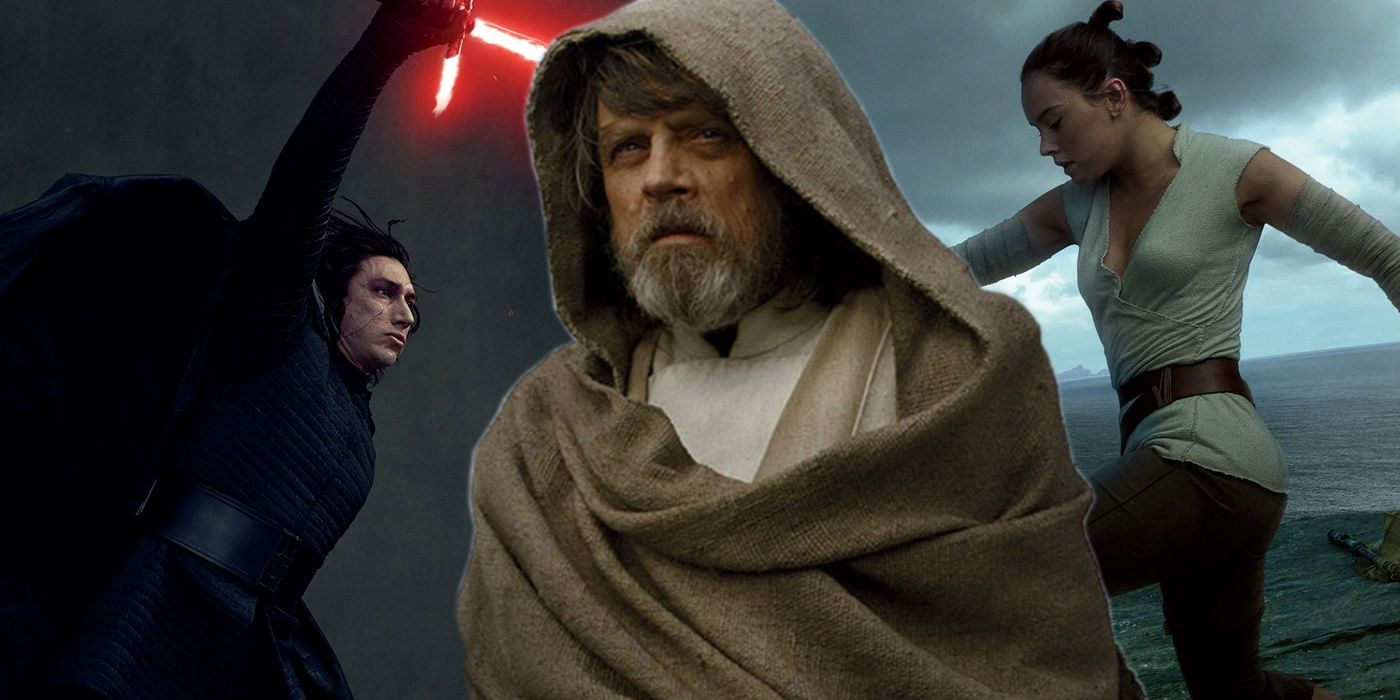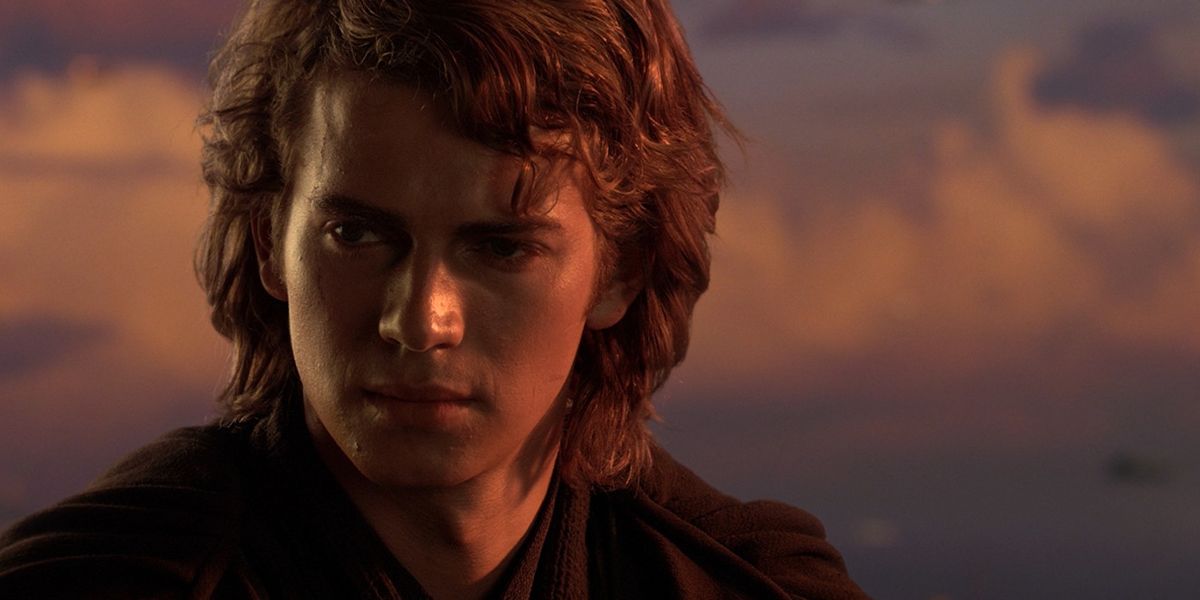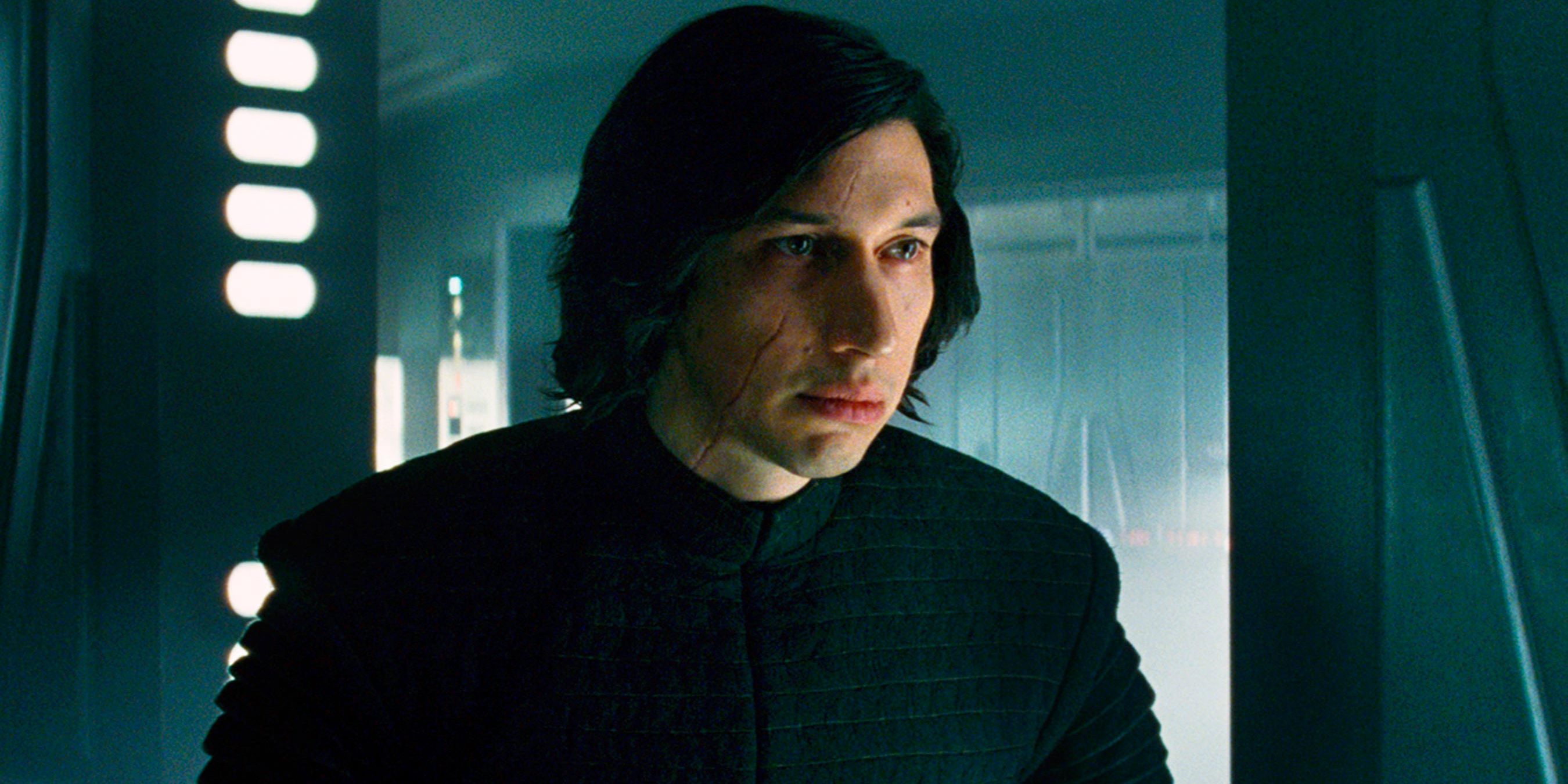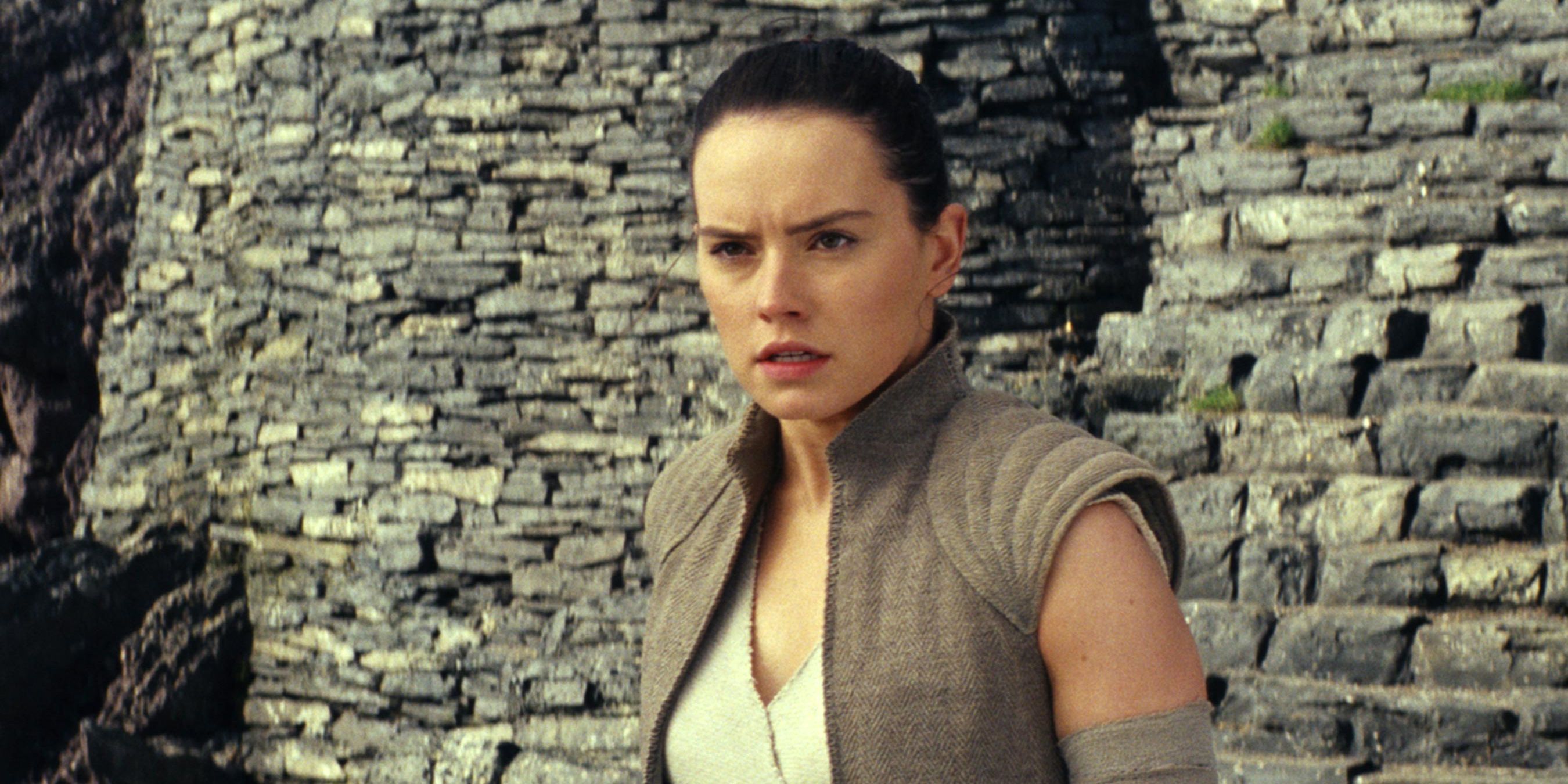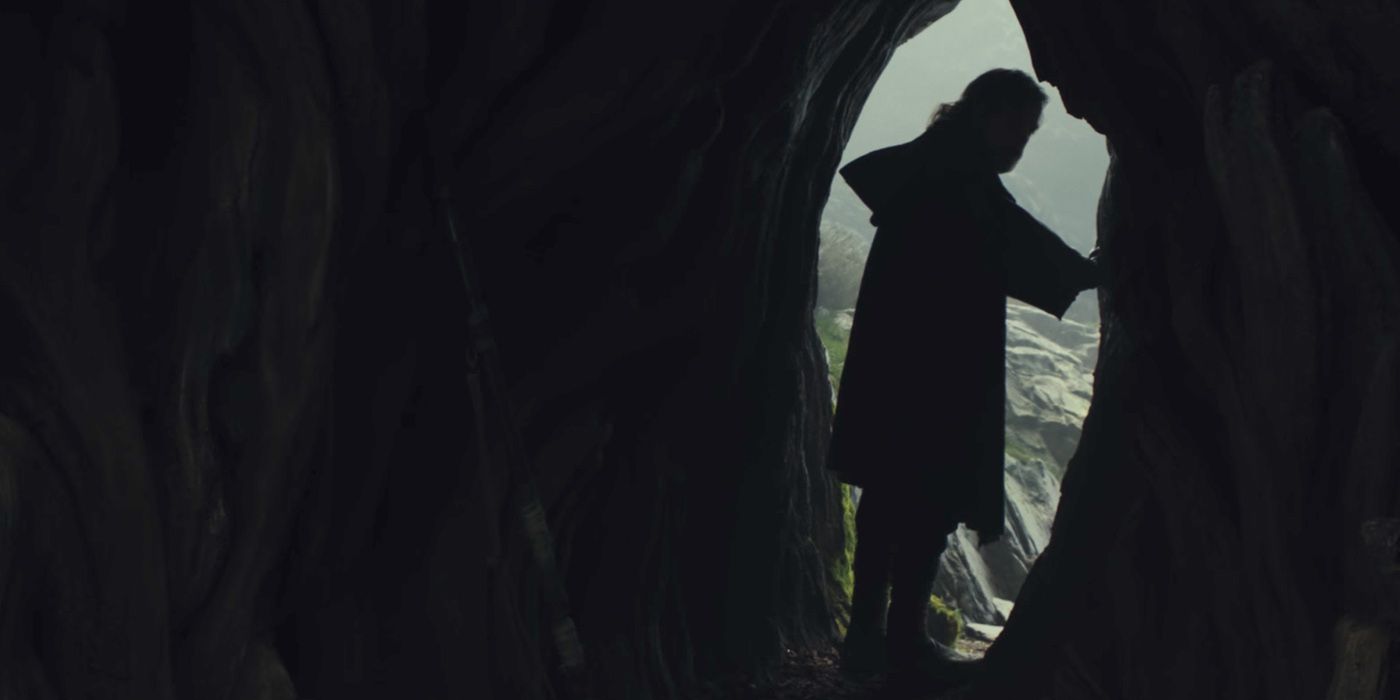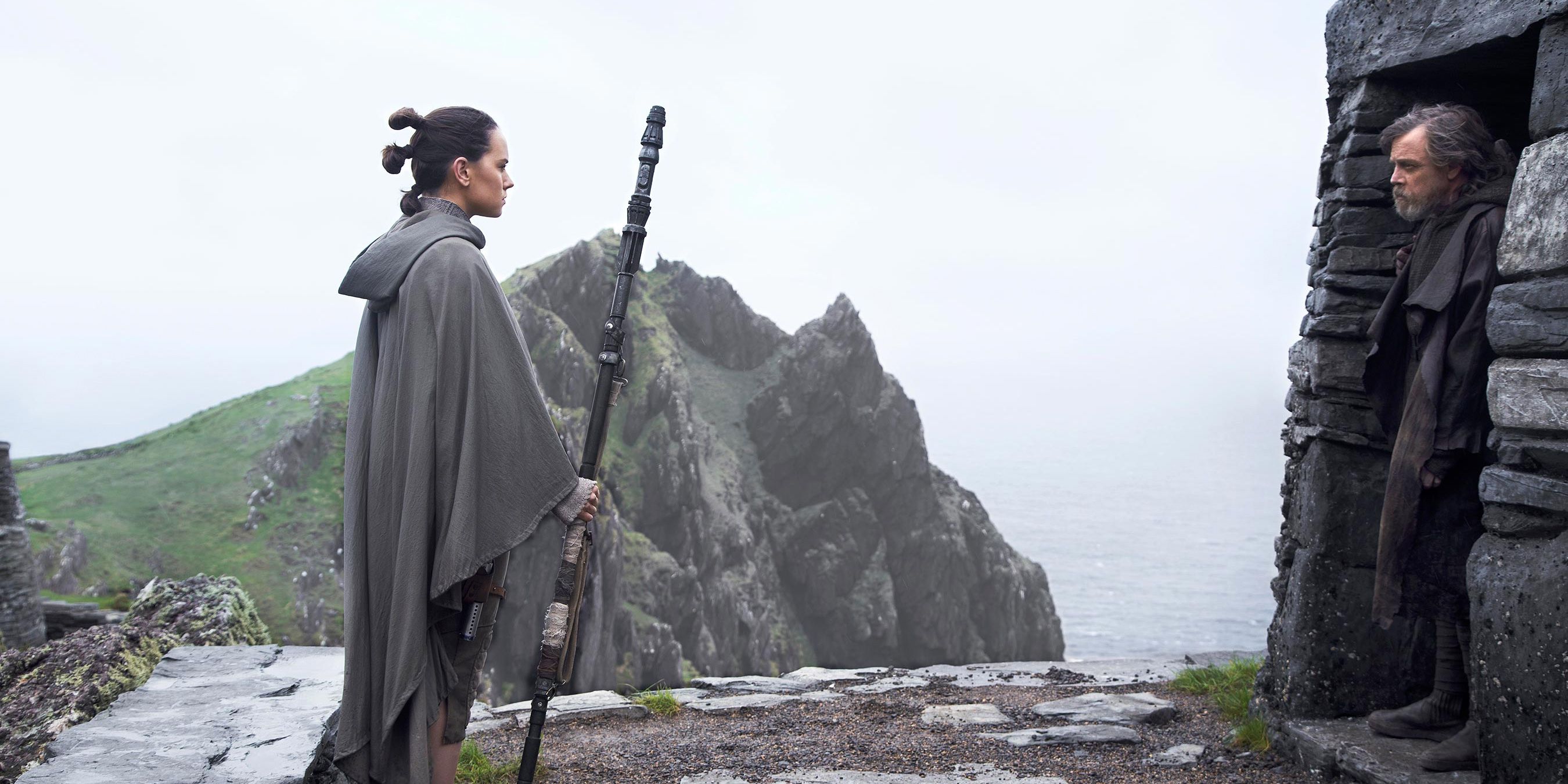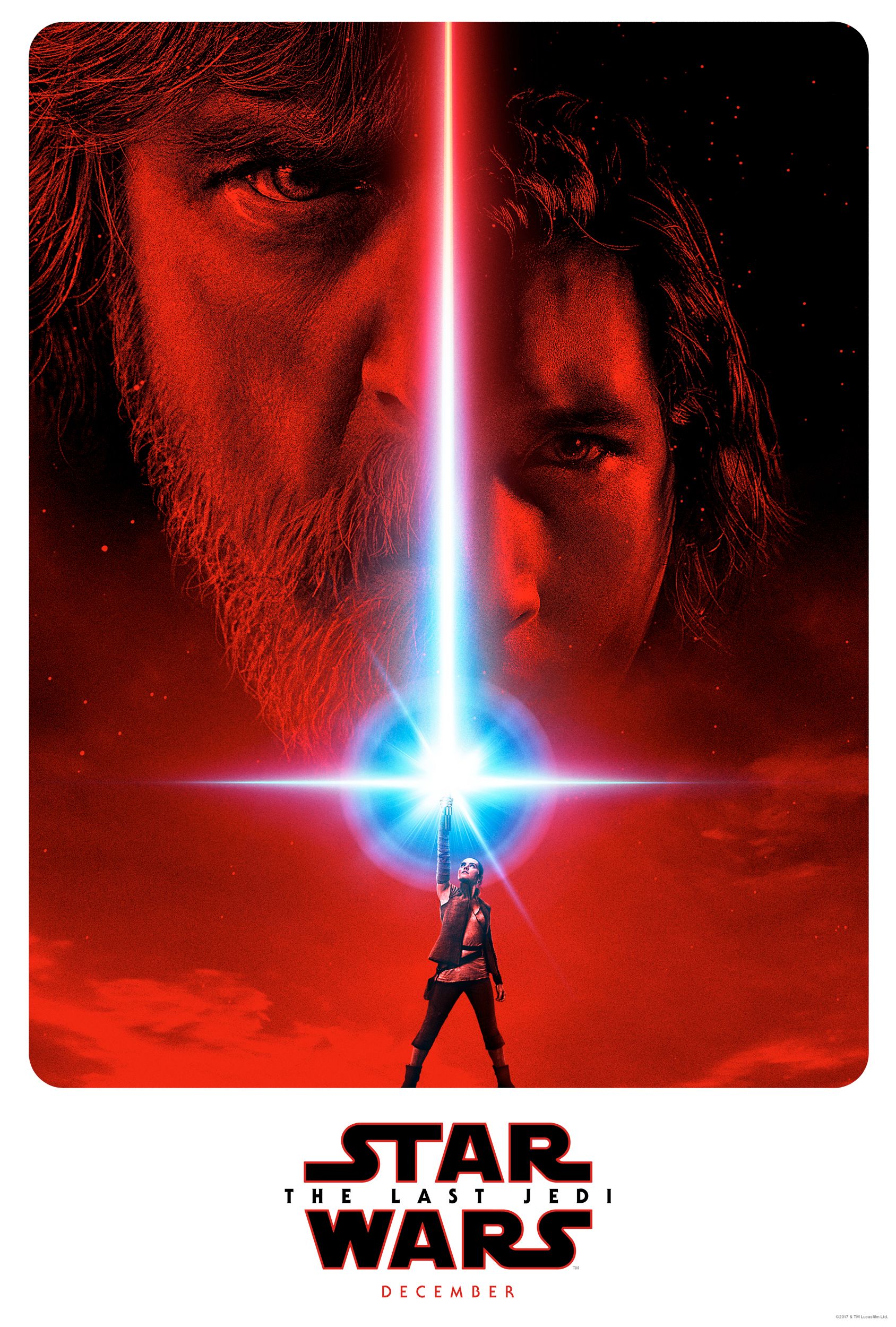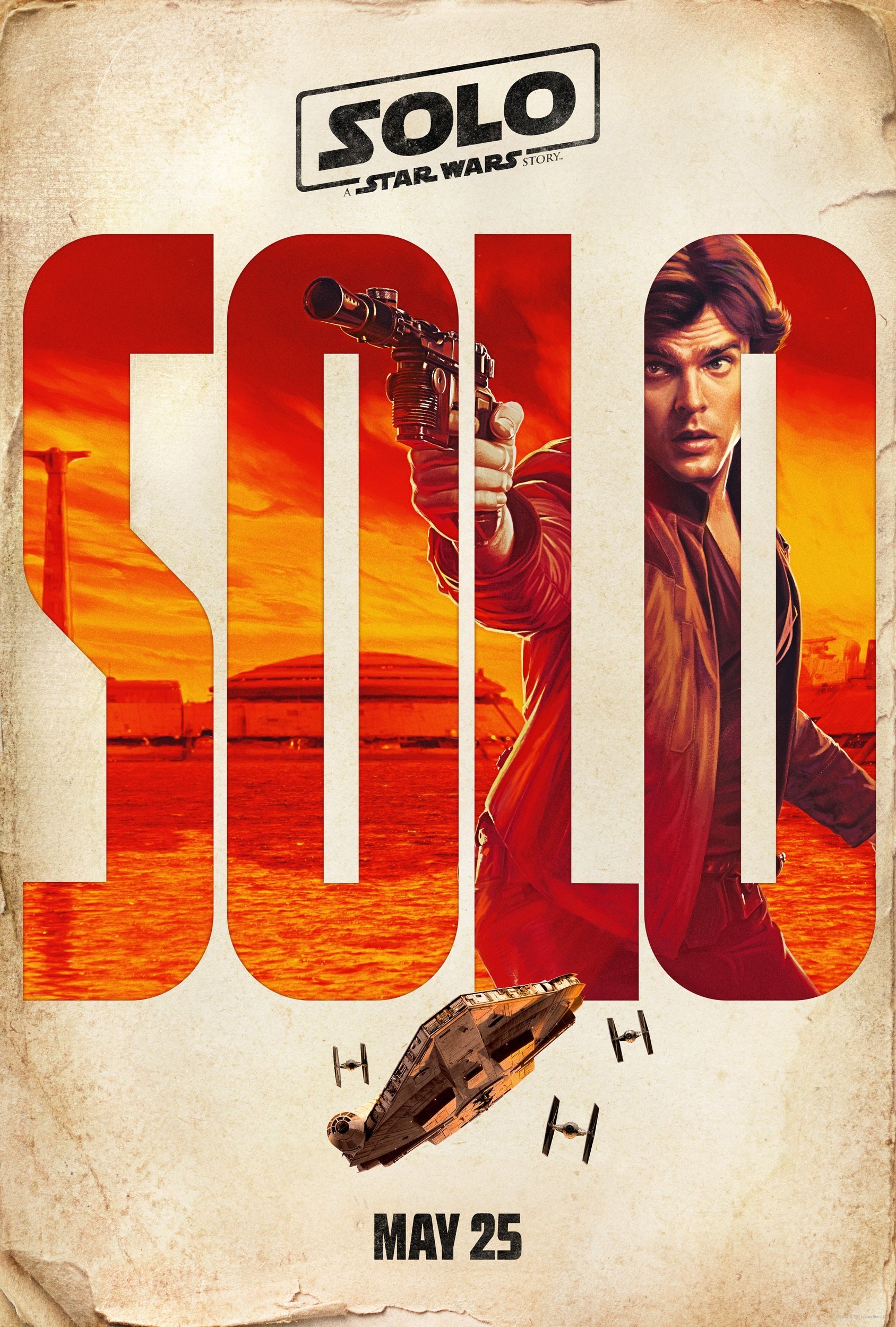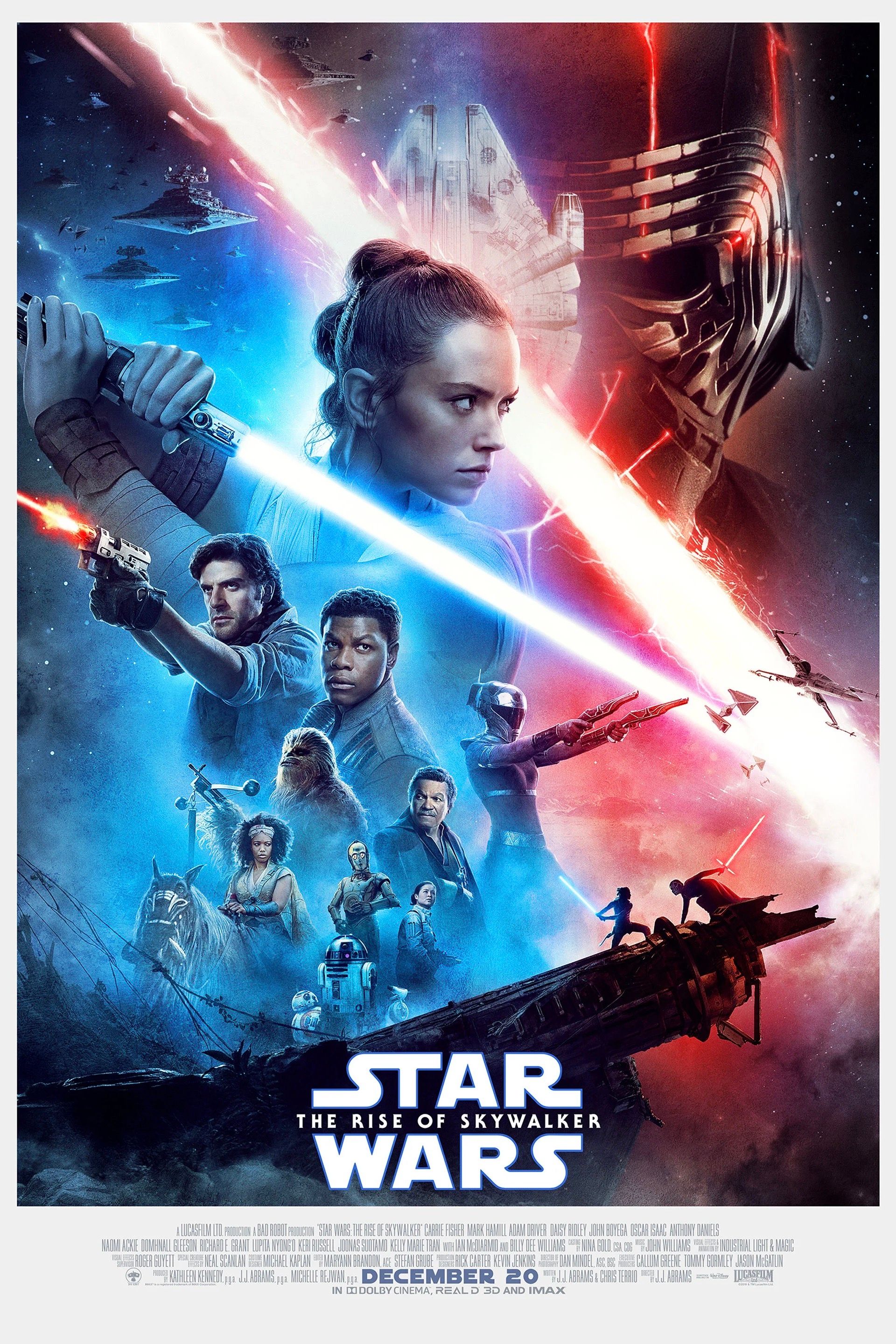Mark Hamill's just given everyone a reason to rewatch the prequels; looks like we're not done with the prophecy of the Chosen One just yet. The recent Entertainment Weekly preview for Star Wars: The Last Jedi was full of exciting reveals, although perhaps the most intriguing was that, prior to his fall to the dark side, Ben Solo/Kylo Ren had been singled out by Luke Skywalker as the Chosen One.The prophecy of the one who would bring balance to the Force was first introduced in The Phantom Menace and, while the actual definition of what made someone "chosen" or even what "balance" meant was kept purposefully vague, the idea dominated the Star Wars story as it was then known. The sequel trilogy has taken us thirty years on from the originals (so over six decades after from Episode I) but it seems ancient Jedi rulings are hard to shake.We actually knew that some elements of the mythology were coming back into play from The Force Awakens: the film opened with Lor San Tekka saying "Without the Jedi, there can be no balance in the Force", clearly indicating that notion at least was informing the new sequel trilogy arc. Hamill's new mention of the Chosen One suggests the prophecy too is still relevant even as much of the prequel history is being glossed over.Now, it may just be a minor part of the inter-trilogy backstory that actor and Rian Johnson have created for Luke and not actually pertinent to the bigger picture, although as Ben Solo's fall and its impact on Skywalker's exile appear to be the core of The Last Jedi (and presumably Episode IX) it's a safe bet there's more to it than that. So, with that in mind, who is the Chosen One in the sequel trilogy?
Was Anakin The Chosen One?
Before even moving onto sequel trilogy characters, we need to address the bantha in the room: Anakin was the Chosen One. He was how the whole prophecy was established - Qui-Gon Jinn found an immaculately conceived child with immense Force power and convinced the Jedi Council of this potential - and by all accounts was the defined Chosen One by the time George Lucas' original six-movie series came to a close.
The entire prequel trilogy was an exploration of the inherently weak "Chosen One" trope - being predestined for greatness removes a high amount of tension - where an obsession with realizing one reading of a vague divination undid any hope of it coming to fruition; Palpatine fed on the Jedi's fear of the Sith to bring them down. But while Revenge of the Sith ends with Obi-Wan's decrying of Anakin's potential - "You were the Chosen One, etc. etc." - this only reframes the original trilogy's redemption as an ultimate proof of the prophecy; Vader did eventually bring down the Sith.
Of course, fans have debated the true meaning ever since the idea was first raised. Anakin did technically bring balance in the end but how much of that can be put on his son? And, really, what even is "balance"? Surely it's an equal, well, balance between light and dark, something the destruction of the Sith and with it the most powerful dark Force users explicitly doesn't create. The vagueness of the prophecy worked for Lucas' meta-narrative, but his less-than adept writing on the prequels created plenty of ideology gaps.
All these philosophical strands of the mythology have been tackled head-on in The Clone Wars and Rebels. The Mortis arc in the former created a literal microcosm of the Force dichotomy that explored pre-destination and duty; being the Chosen One was presented to Anakin as a choice, something he initially refused but through grappling with embodiments of light and dark eventually answered his call. As representative at it may have been, the final episode of the story framed Anakin as on the path of being the galaxy's savior but with the distinct possibility of a turn.
This was returned to in Rebels in Maul's quest for Kenobi; the former-Sith hunted down his rival only to be easily bested, with his dying breath asking if the boy he'd discovered Obi-Wan was protecting was indeed the Chosen One, to which the Jedi responded in the affirmative. Of course, at that point in the timeline, Anakin was consumed by Vader and we know from all three original films Obi-Wan never considered redemption, so this is hardly confirmation either way.
Bringing the points explored in the prequels and the two animated shows together, though, and we have a situation where Anakin may have been the Chosen One (or was and opted out, so to speak), but the exact truth is unclear; Luke appears to have felt his father hadn't actually balanced the Force and began to find the real One. And so, we now have a sequel trilogy where a new Chosen One could emerge.
Kylo Ren - Luke's Initial Choice
The immediate option is the one new character who's had an explicit Chosen One connection made by the creators - Ben Solo. Luke definitely thought his nephew was the vergence the prophecy spoke of at one point, although has likely changed his mind somewhat in light of recent events.
As it stands, Kylo Ren can go one of two ways: the murder of his father has seen him truly succumbed to the dark side and become entirely irredeemable; or he's destined to repeat his grandfather's legacy to a tee, being saved by the light and in turn providing hope to the galaxy. Which option is more likely depends entirely on who you ask (we'd learn towards full darkness after what he did to Han) but, even though the conclusion of both arcs would see a semblance of balance, neither of these really endorse him as the Chosen One; the former makes him the big bad to be stopped at all costs while the latter is such a repeat of Anakin it undermines the "One" part.
Rey - The Popular Candidate
For something a bit more classical and fitting of a billion-dollar blockbuster franchise, the strongest option is Rey. The case for her requires much less arguing than with Kylo; she's an innately adept Force user who has already been highlighted as a powerful being by Kylo, Maz and others, and in The Last Jedi will be working to correct both sides of the conflict. As the sequel trilogy's main lead it makes the most sense for her to be the center of the Force balancing.
She's the safest bet for sure, to the point where it feels like the only reason she won't be the Chosen One is if the filmmakers want to make a particular point with another character, and that risks to a degree nullifying her story.
That said, how she operates as the Chosen One and what "balance" actually means really hinges the backstory she's given: if she's a Skywalker or Solo, then the similar arguments we made with Kylo stand and we have a generational recurrence of Anakin or the idea of a Chosen family; if she's a Kenobi, then she can't really be the one - it's too randomized and removed; and if she isn't related to a previous character at all, then it's a true rags-to-spiritual-riches tale and Anakin was only special because he was assumed to be. However, as this family connection has been described as "less important" than Rey thinks by Daisy Ridley herself, that may indicate something more nuanced and that she isn't actually the prophesized hero after all.
Luke - The Last Jedi
If it isn't be either of the early generation, then surely it has to be the person who was brought into the Chosen One debate long before a sequel trilogy was a twinkle in Bob Iger's eye? When Episode IX ends, Luke Skywalker will have surely played an essential part in enabling both Darth Vader and Rey/Kylo Ren to right galactic wrongs, making him by limited proxy the one who's done the most to bring balance.
Further, his proclamation that "it's time for the Jedi to end" could totally be a move towards achieving this, with him finally realizing that both light and dark side orders need to be removed for things to truly be saved. The crisis of faith that's made Luke turn his back on the Jedi at the start of Episode VIII is powerful either way, but it being the key barrier to him doing what's necessary has a certain poeticism to it and allows Rey and (should he be redeemed) Kylo to inherit a new form of the Force once everything's over.
Is There A Chosen One At All?
What all these examples have against them is that each one hinges on the actions of others and requires reducing the importance of previous heroes - the exact sort of problems that the focus on the Chosen One prophecy throughout the prequels was dissecting. Given that Luke's already repeated the mistakes of his forebears and put his faith in someone incredibly dangerous, is it not a neater solution to simply undo the whole idea of a single person bringing balance completely?
As the Mortis arc suggested being the Chosen One as a choice and Maul the idea of it shifting, perhaps the ultimate conclusion of the sequel trilogy is that the Force will always be imbalanced and galactic strife is inevitable (that's also a neat way to justify The Force Awakens' repetitive plot). There is no "one", just a string of heroes and villains constantly at war.
Although, being pragmatic, it's probably Rey.

